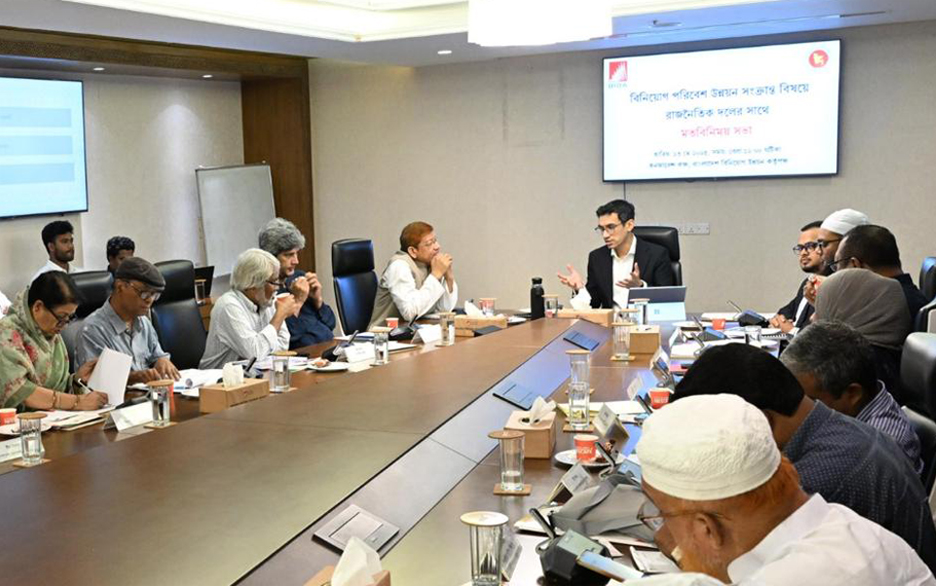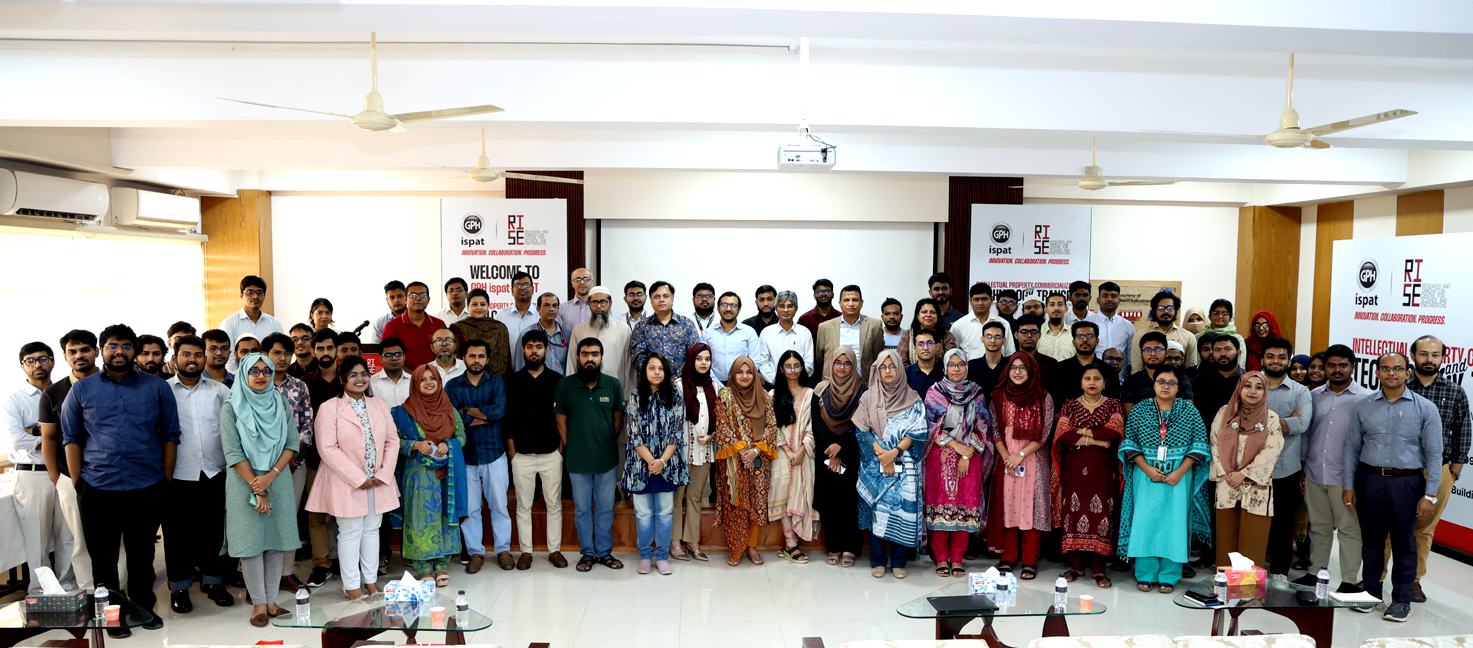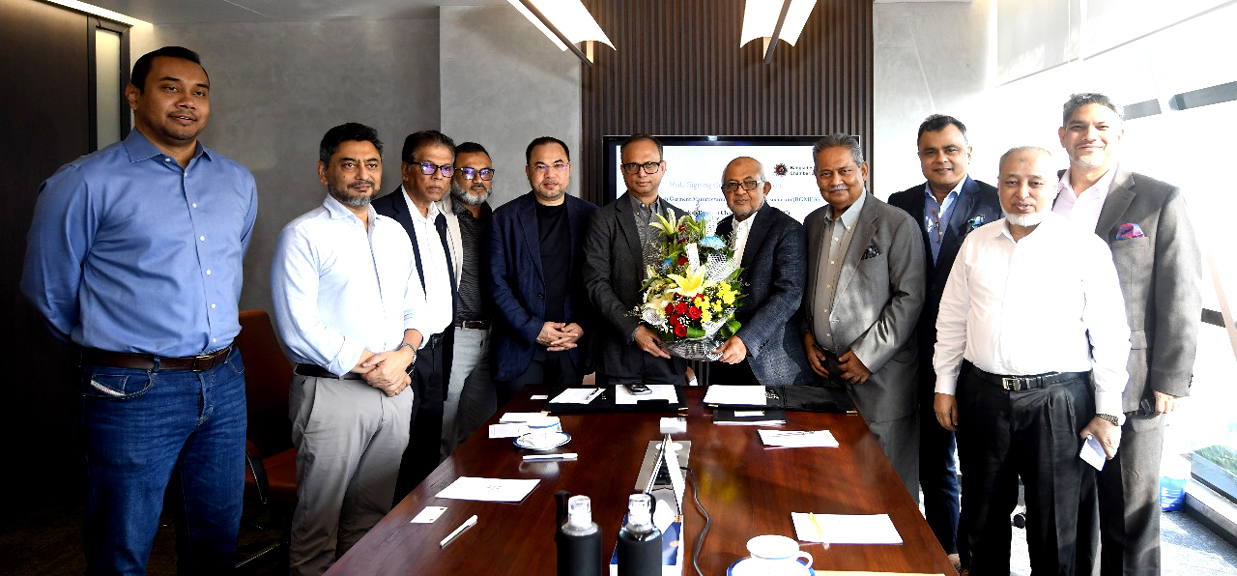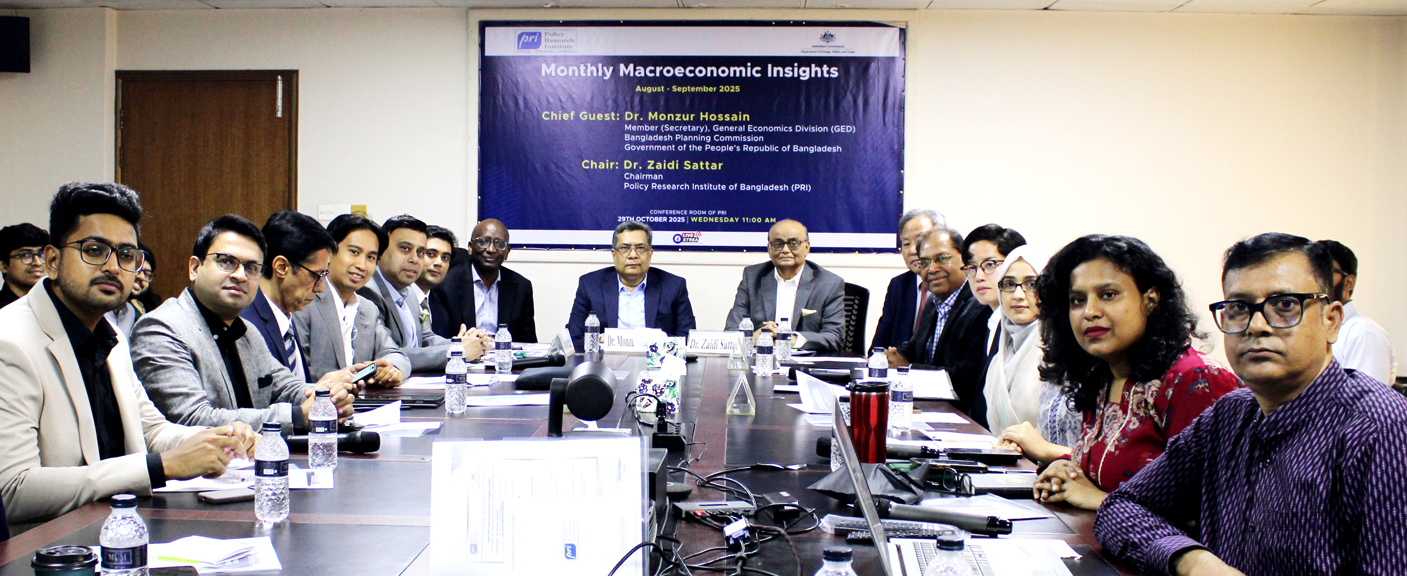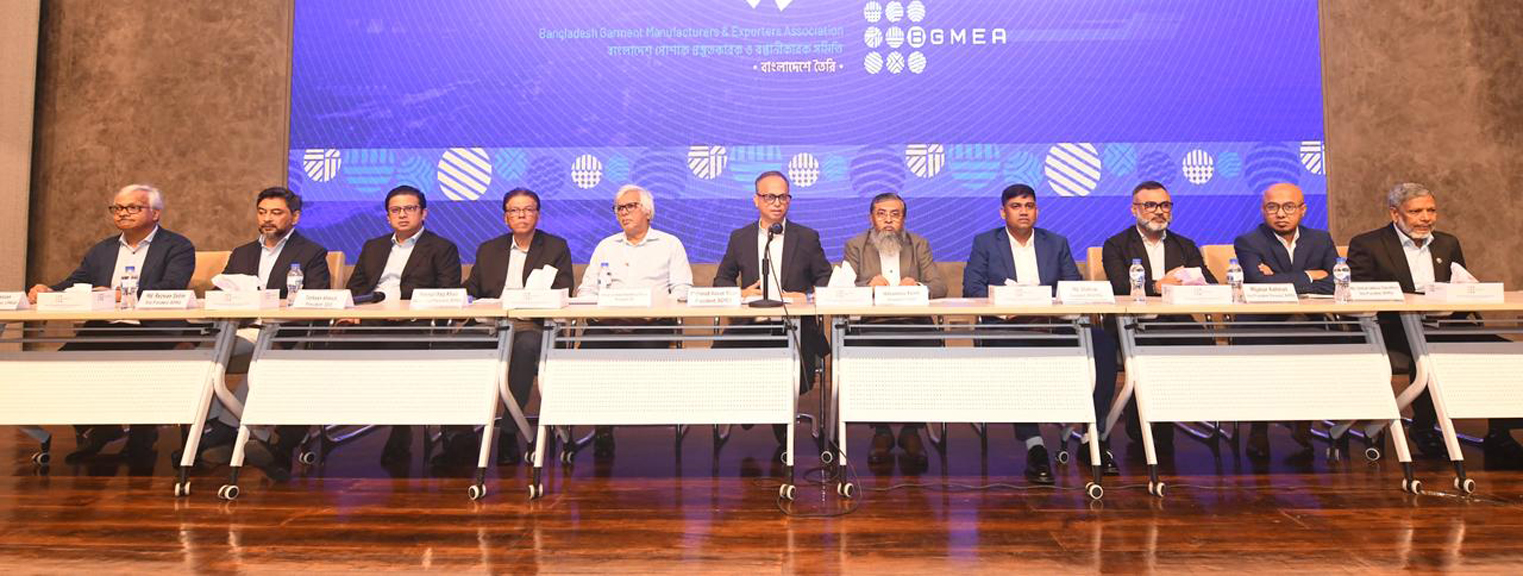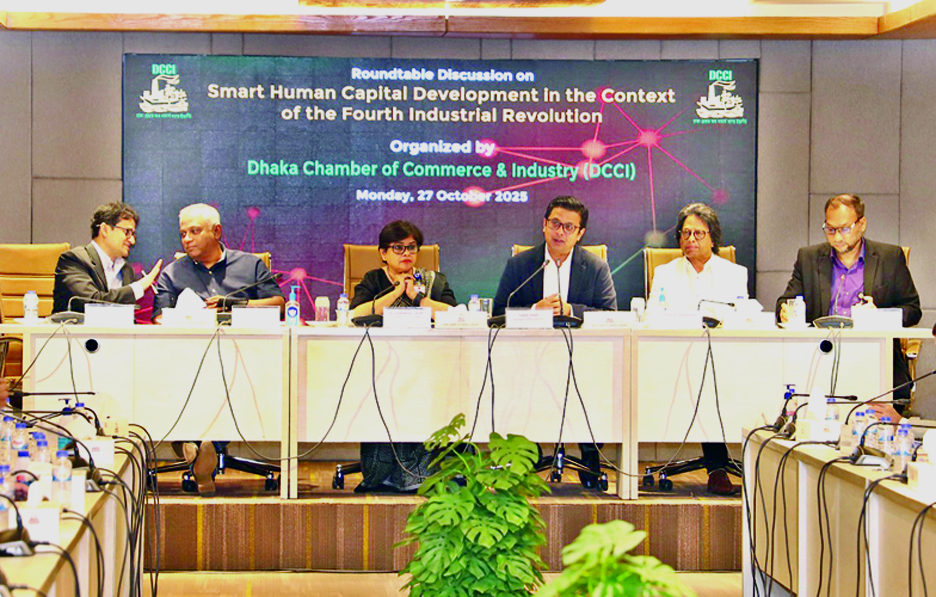Bangladesh Investment Development Authority (BIDA) executive chairman Ashik Mahmud has clarified that the so-called Indian Economic Zone was never more than a paper-based proposal included in the original master plan for the Mirsarai Economic Zone.
Amid lingering speculation, he addressed the persistent confusion surrounding the zone, saying that no development activity has taken place in the area and that the project remains completely on hold.
Ashik Mahmud made the clarification during a meeting with political parties, held at the BIDA conference room in the capital on May 13, to discuss improvements to the country’s investment climate.
Seventeen out of 19 invited political parties joined the meeting, while Bangladesh Nationalist Party (BNP) and Bangladesh Jatiya Party (BJP) did not attend.
During the meeting, politicians questioned whether a special economic zone had been designated for Indian investment and urged that national interest be prioritised when allowing foreign investment.
‘There has been a lot of confusion about whether there is actually an Indian Economic Zone. Let me clarify once again: what is often referred to as the Indian Economic Zone was originally part of a broader master plan for the Mirsarai Economic Zone, which initially covered 33,000 acres. That plan has since been scaled down in Phase One to between 10,000 and 15,000 acres, based on realistic demand projections,’ said BIDA executive chairman Ashik clarified.
The rest may be considered in Phase Two or Phase Three, depending on future needs, he said.
Ashik explained that the so-called Indian Economic Zone was merely a paper-based proposal included in the original plan.
He said that no physical development had taken place in the designated area, which is actually forested, making any setup or activity there practically impossible.
Ashik said that the project has remained completely on hold since the current government assumed office.
Regarding questions about the government’s move to hand over operations of the Chattogram Port’s container terminal to a foreign company, the BIDA executive chairman said that national security was an absolutely non-negotiable position and there could be no compromise on this.
He said that the primary main goal was to ensure Chattogram Port served the entire country, not just the Chattogram region, and noted that the port was regarded as a strategically important hub for the entire South Asian region.
If multiple ports were to operate in Chattogram, each would need to function at world-class standards and maximum efficiency, Ashik said.
He also said that it was equally essential to prevent job losses, safeguard national interest and ensure that national security was never compromised—principles that guided all discussions and negotiations with foreign governments and companies.
Ashik explained that although port negotiations were the responsibility of the Shipping Ministry and the relevant authorities, he closely monitored the issue due to his concerns about the broader investment implications linked to port operations.
‘Everyone complains about how long it takes to move goods from the factory to the final destination, like Europe. In Vietnam, it takes only a third of the time. If we don’t fix this, we will fall behind,’ he said.
‘So I would urge you not to view the port simply as standalone infrastructure. Instead, please consider it as the primary outlet for all of Bangladesh,’ BIDA chief added.


